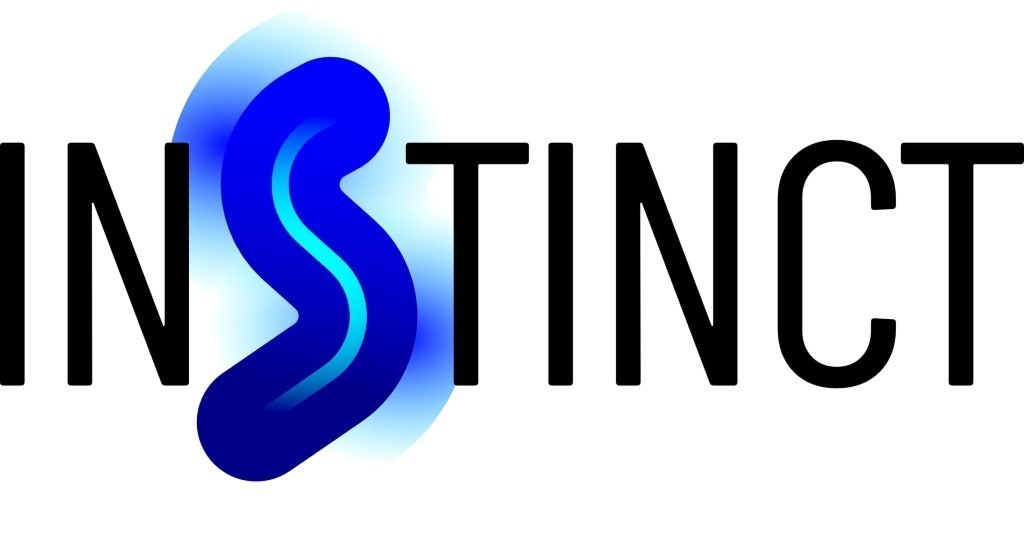Technology
Networks and Connectivity
Artificial Intelligence
Revolutionizing Connectivity: the power of AI in intelligent networks
Artificial intelligence is revolutionizing networks with NWDAF, automating real-time decisions. This innovation optimizes performance, enhances efficiency, reduces errors, and makes networks smarter and more adaptive to the digital environment.

